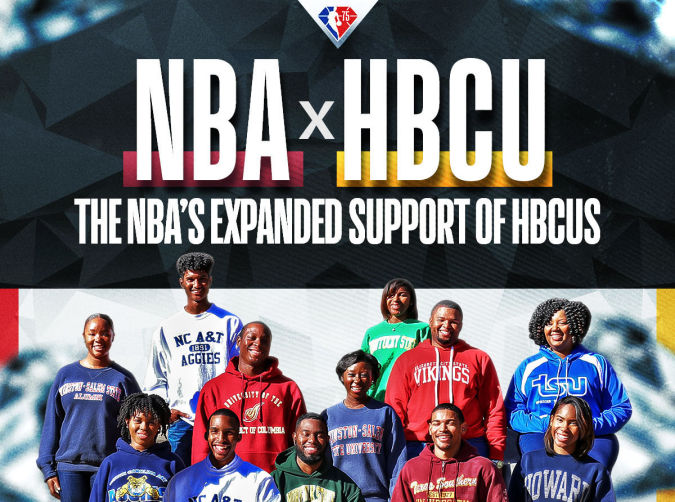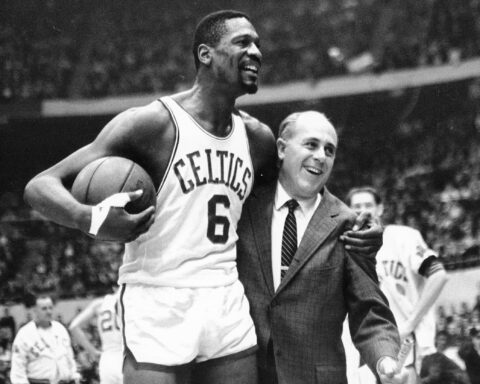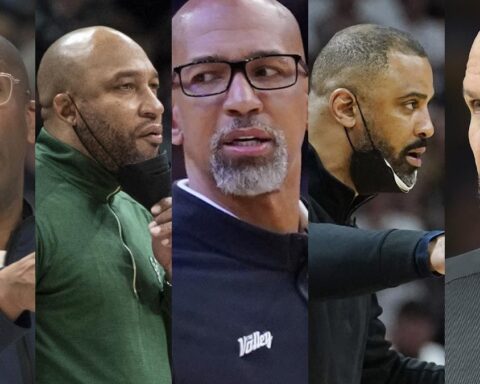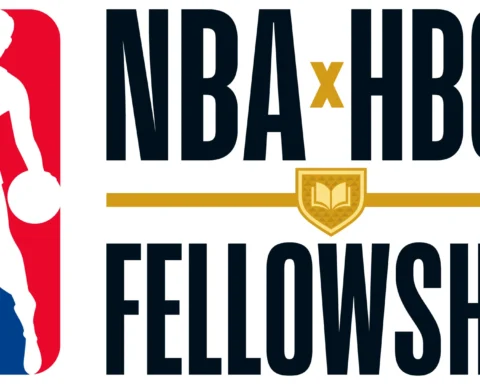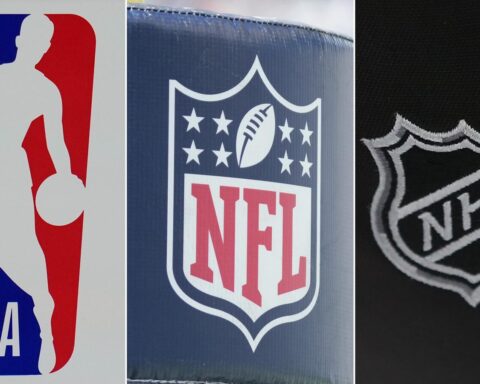By Maurice Brooks
It would have been easy for Naismith Memorial Basketball Hall of Famer Bob Dandridge to be discouraged with basketball. He wasn’t heavily recruited coming out of Maggie Walker High School in Richmond, Va. He barely touched the court during his freshman season on a Norfolk State University team loaded with talent.
This doesn’t exactly read like the opening chapter of a success story, but Dandridge went on to become a superstar at Norfolk State, averaging 32.3 points as a senior in 1968-69. He spent 13 seasons in the NBA and won a championship with the Milwaukee Bucks (1971) and another with the Washington Bullets (1978). Dandridge, a four-time All-Star, reached the pinnacle of his career in September with his induction into the Hall of Fame.
So what was the difference-maker for a young player from Richmond who was under-recruited? Dandridge claims It was the strong values and worth ethic developed and opportunities afforded him while attending a Historically Black College and University (HCBU).
“Whenever someone from an HBCU accomplishes something of the magnitude of getting into the Hall of Fame, I’m hopeful that other African Americans realize they can get quality leadership at our Black universities,” Dandridge said. “Most of all, you can get that nurturing that you need and often build friendships and bonds for life. It helped me maintain my self-worth and dignity.”
And now, others will have the opportunity to do the same because of an extended commitment made by the NBA to support students, student athletes and young leaders like Dandridge at HBCUs.
The NBA and NBA Foundation announced new programs on Thursday designed to create greater opportunity for undergraduate and graduate students from HBCUs. There will be a new paid fellowship program with the NBA, WNBA and teams launching in 2022 that will provide career development around the business and operations of the game to undergraduate and graduate students. In February, there will also be the first-ever NBA HBCU Classic in Cleveland between the Howard University and Morgan State University men’s basketball teams, as well as a variety of other unique content, storytelling, performances and contributions throughout the weekend. There will also be additional educational, athletic and career programming across the NBA family.
Dandridge is pleased with the support being extended by the NBA.
“The NBA is opening its minds and hearts to the plight of helping people from all ethnicities,” Dandridge said. “It’s a step forward that the NBA is trying to be a contributor to the historically Black schools.”
Avery Johnson, who starred at Southern University from 1986-88 before having a successful career as an NBA player and coach, loves the idea of the league promoting HBCUs.
“A lot of us played at HBCUs and still made it to the NBA,” said Johnson, who led the country with an eye-popping 13.3 assists per game as a senior at Southern. “You can still be successful if you play at an HBCU. If you’re good enough, NBA scouts will find you whether you’re at a Power Five school or an HBCU. We will continue to get more support from corporations and donors giving back to HBCUs so that we can improve the basketball and student experience.
“To have the NBA get behind the HBCUs is great. This will shine light on those schools and the wonderful work that those professors and coaches and student bodies are doing. This will get even more people to contribute.”
The goals of the NBA Foundation is to advance the economic opportunity for Black youth between the ages of 14 to 24. Through the fellowship program, students will have the opportunity to gain meaningful employment opportunities.
According to NBA Foundation Executive Director Greg Taylor, “We have such a long standing, rich history of HBCUs preparing young black folks for amazing opportunities career wise. We are building on the NBA’s long standing relationship with HBCUs. This makes a lot of sense. We put our heads together and thought about how we can pave the way for deserving and talented young people from HBCUs to forge their way into professional sports.”
The fellowship program will offer HBCU students the opportunity to gain real-life insights and professional experience by working in positions at the league office and NBA and WNBA teams. All student fellows will also be matched with a league or team employee mentor as part of their experience.
And the HBCU community is eager for those experiences.
Dr. Glenda Glover, the president at Tennessee State University, shared, “This is an amazing partnership for students to be able to engage in programs and learn about the game – from basketball operations to accounting. To take this many students and give them a fellowship is appealing and exciting. This is tremendous and the NBA’s commitment to diversity and social justice just rings throughout. It makes the NBA so important to HBCUs.”

